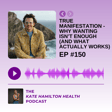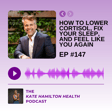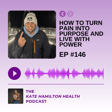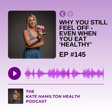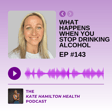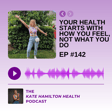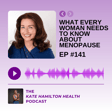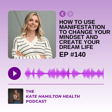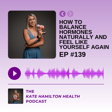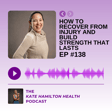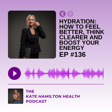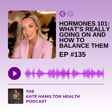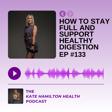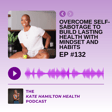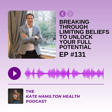
#80 - Why daily movement is essential for fat loss
In today’s episode, I chat about the crucial role that daily movement plays in fat loss!
While diet is key, how does movement fit into the picture? I break down energy balance and explain how the calories you consume versus the calories you burn affect your fat loss goals. I also discuss why daily activity is just as important as what you eat.
Why is it so important to keep moving throughout the day? I cover how even small movements can boost your calorie burn and impact your results. Plus, I touch on basal metabolic rate, strength training, and how digestion itself burns calories.
I also introduce NEAT (Non-Exercise Activity Thermogenesis), which is the energy you burn through everyday activities. It can be a game-changer for fat loss! I’ll show you how to increase your NEAT and why it’s so effective.
Finally, I share practical tips to add more movement into your routine, from walking more to simple ways to stay active. These strategies can make a big difference in your journey.
If you enjoyed this episode, please subscribe, leave a review, and share it with friends who might benefit. For more health tips and updates, follow me on Instagram and TikTok @katehamiltonhealth.
Music by LiQWYD Free download: hypeddit.com/link/xxtopb [http://hypeddit.com/link/xxtopb] Promoted by FreeMusicPromo [https://www.youtube.com/channel/UCbycji-eySnM3WD8mbxPUSQ] / @freemusicpromo1
